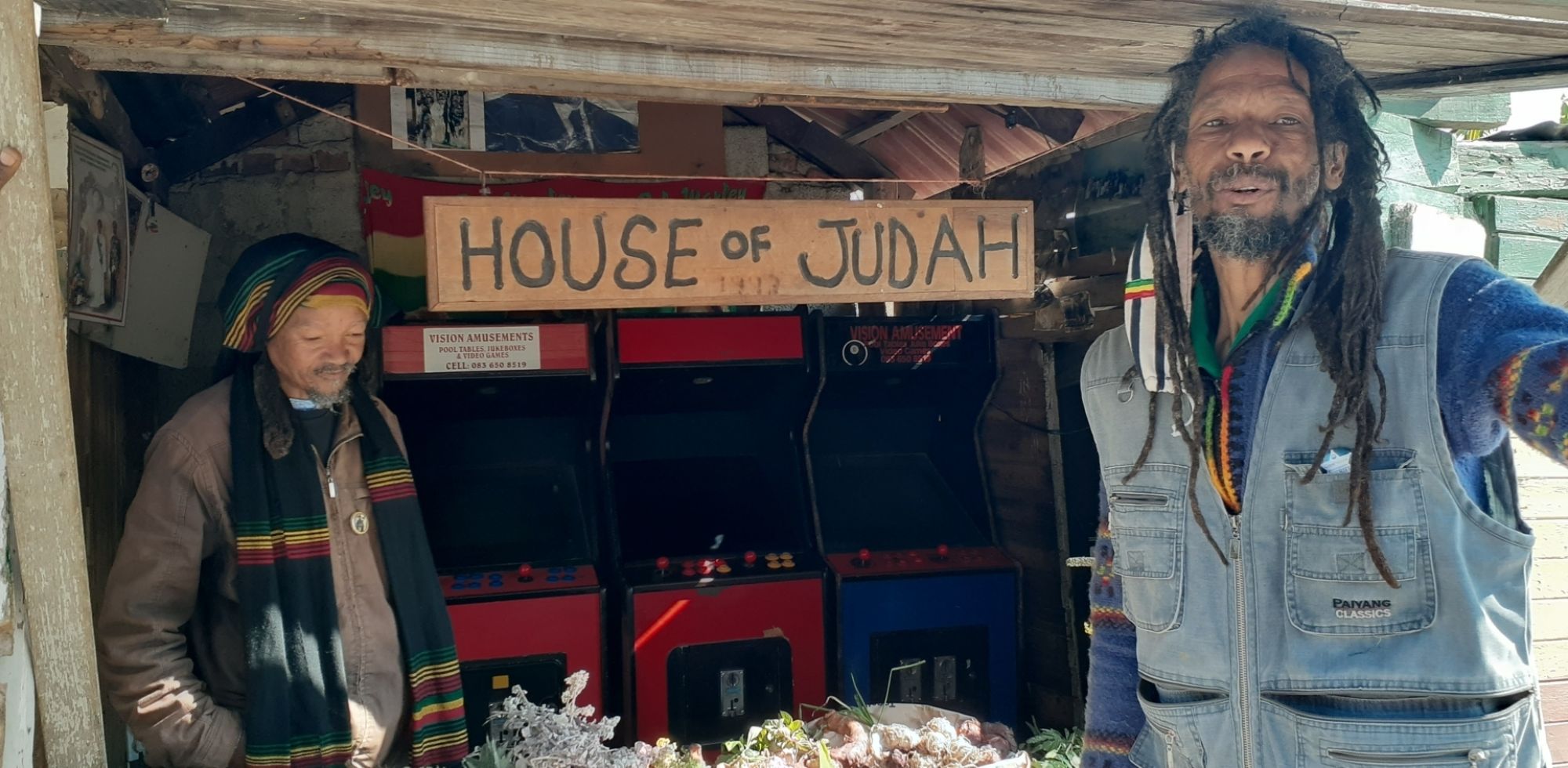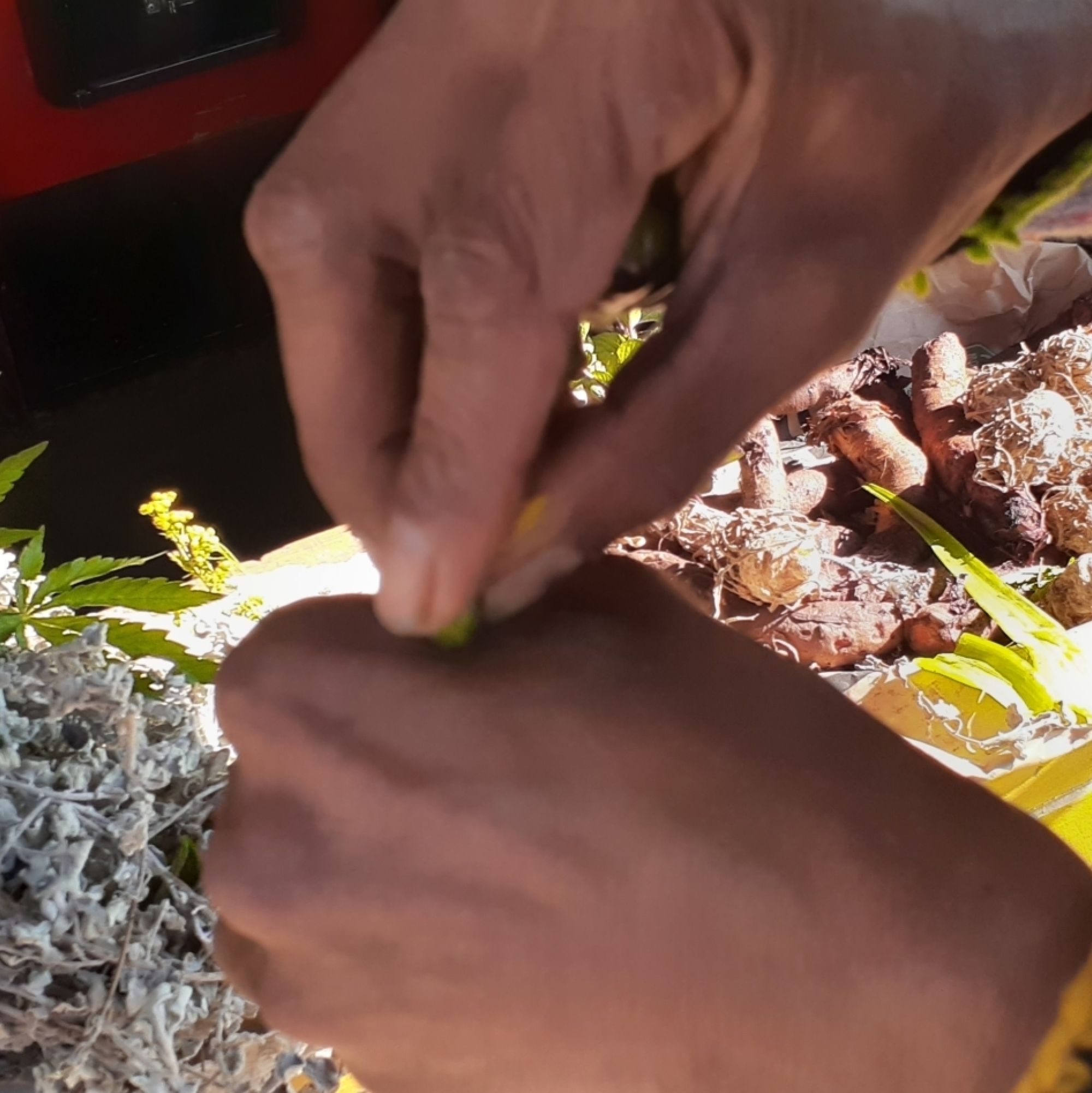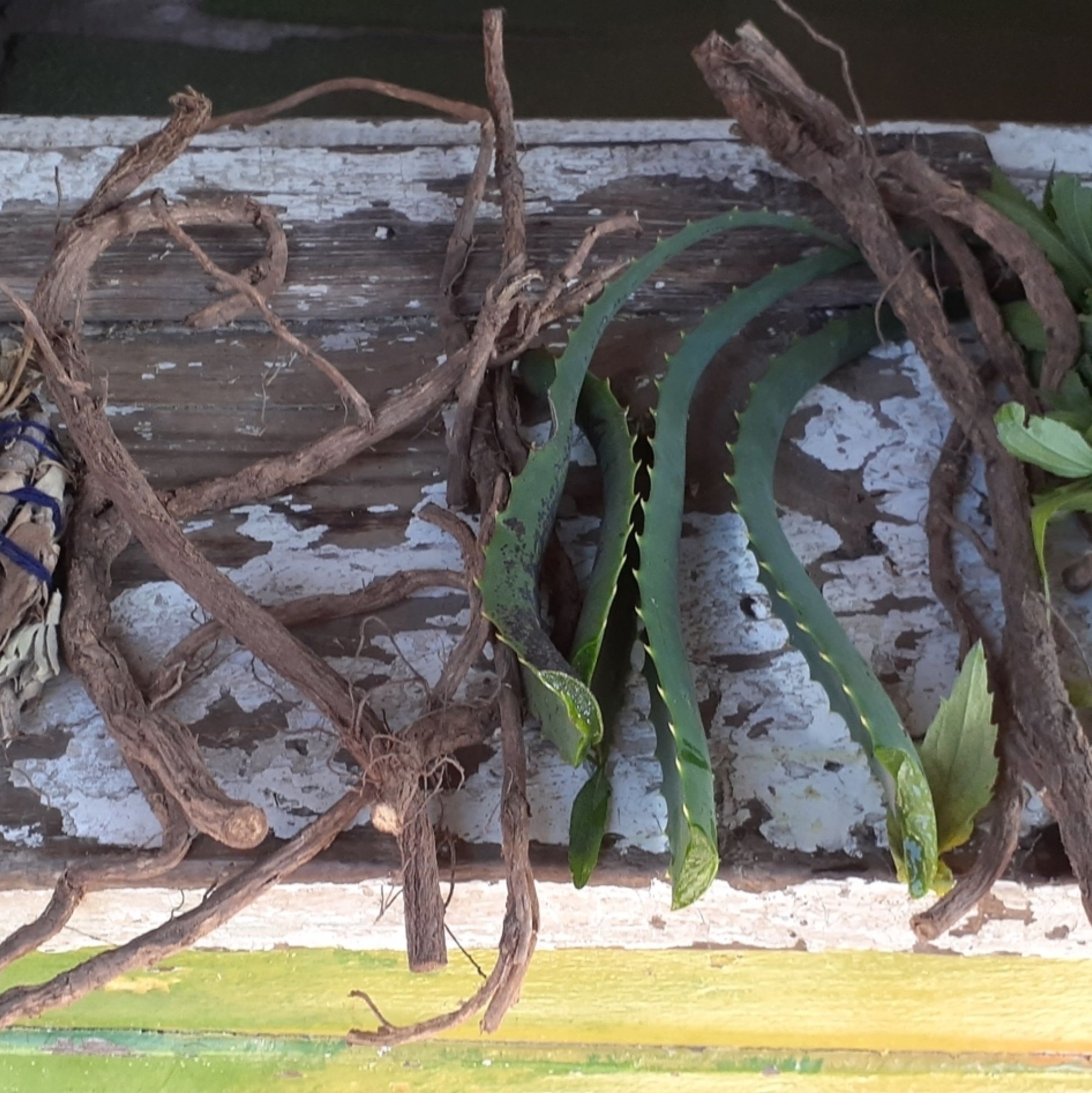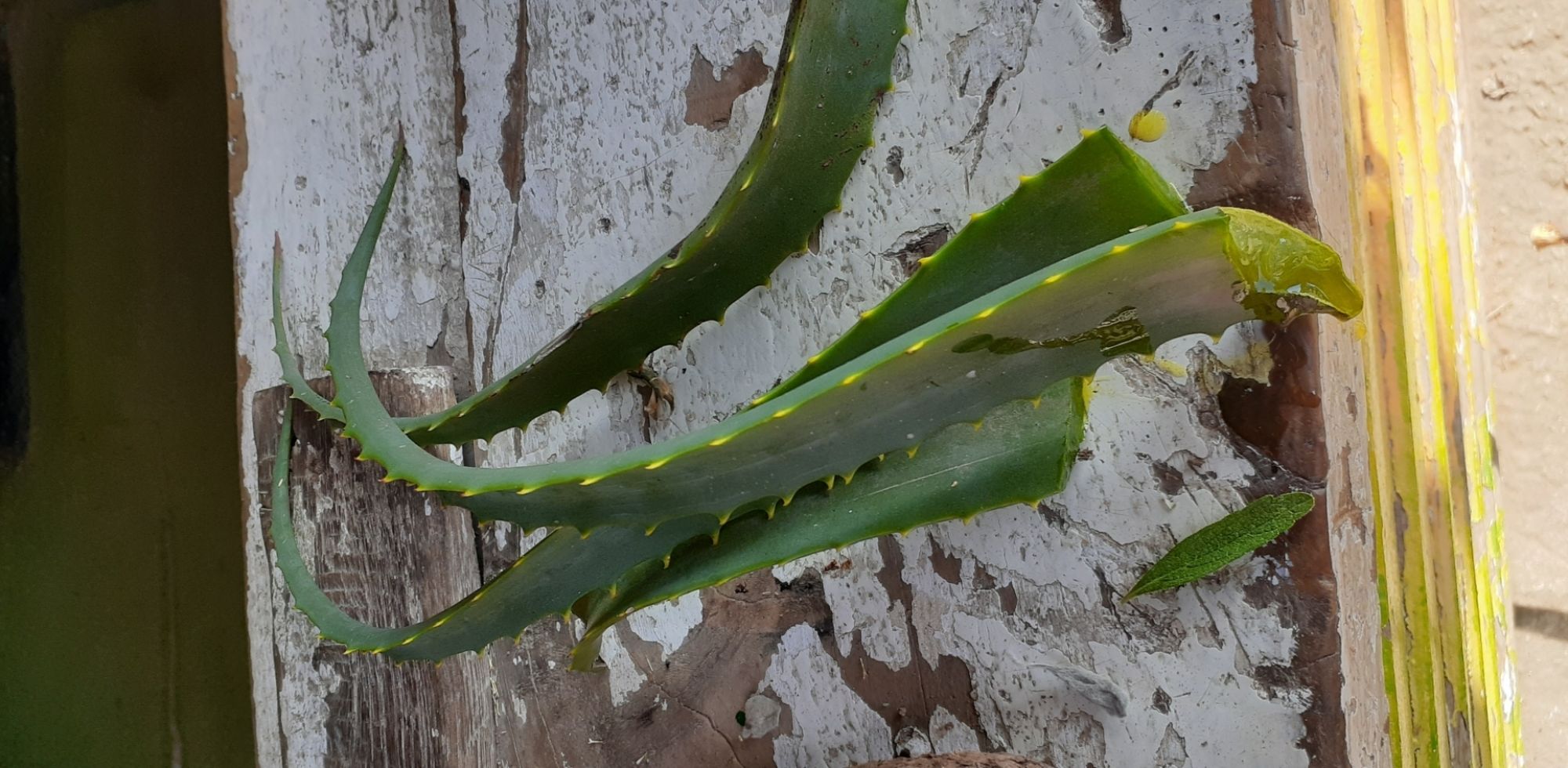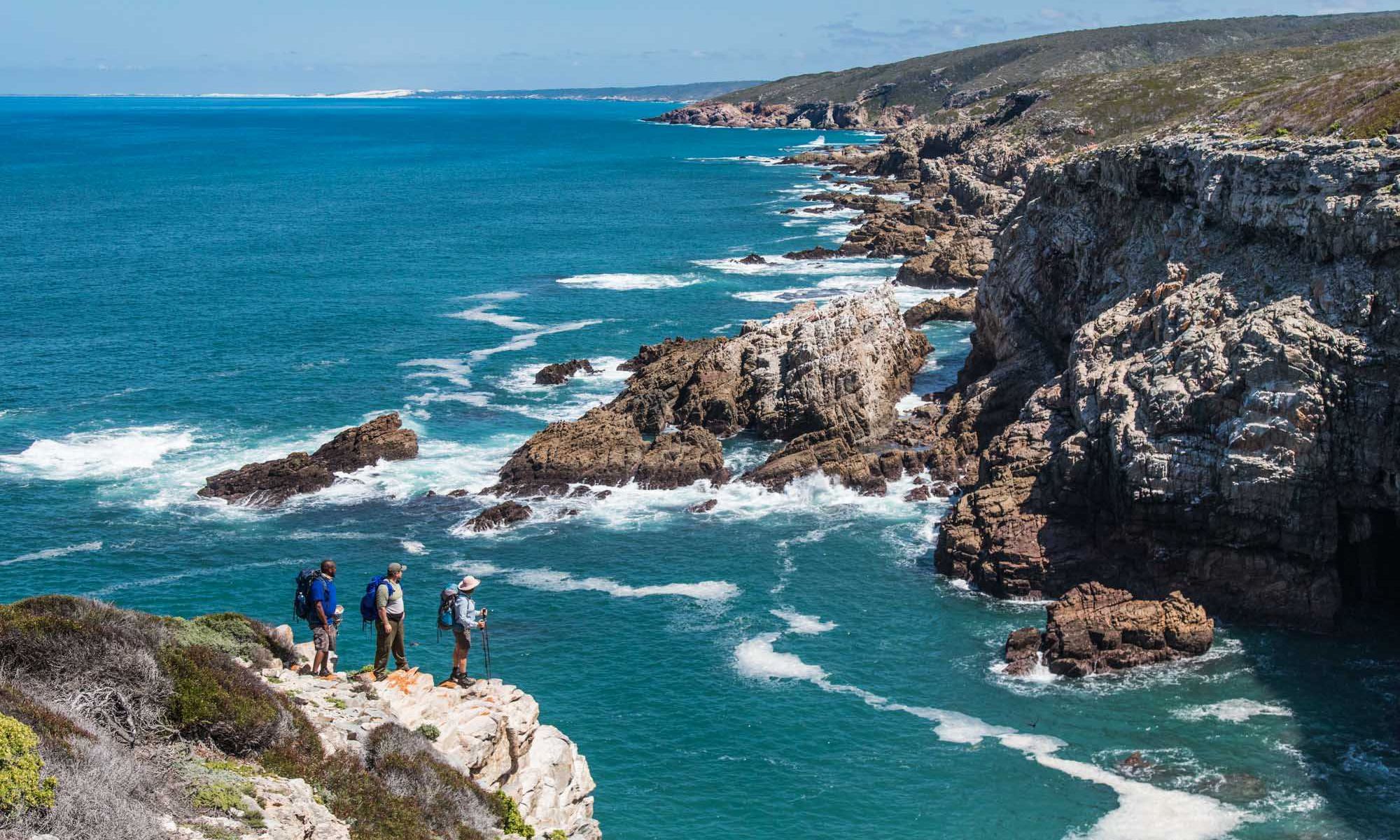
African Medicinal Plant Day _ 31st August 2021
Human relationships with plants date back for centuries. Plants support life on earth, as human being’s we need Nature to “breathe”, it is a source of food, it provides habitat for animals, and can be a source of medicine for many of the population on the African continent.
31st August 2021celebrates 21 years after adopting the relevant resolution at the 50th session of the World Health Organisation (WHO) Regional Committee for Africa in Ouagadougou, Burkino Faso.
This acknowledges that most of the African continent’s population relies on traditional medicine for their basic health needs. These medicinal plants are often the only available, accessible and affordable healthcare services available.
Healing with medicinal plants is as old as mankind itself and in the Western Cape, many of the communities rely on plants for healing purposes. Many of these medicinal plants grow within the Cape Floristic Kingdom, which are in our mountainous and coastal areas.
CapeNature engages with these natural resource user groups such as Rastafarians, sour fig harvesters etc and provides support to them via access to nature reserves, to harvest on the condition that they have a permit and within permit conditions.
Medicinal plants have many healing capabilities:
- Buchu: known as the “miracle herb” is used over centuries and is believed to fight colds and flu. The Khoisan also believed that it can combat ageing.
- Aloe vera: known as the healing succulent – these plant leaves holds nourishing properties and is used for many skin irritations.
- Sour figs: can be used to heal mouth sores and is commonly used by people who live along the Overberg coastline.
Just as plants have healing properties to heal physically, they can also have mental healing capabilities. It has been scientifically proven that being in nature or listening to nature reduces anger, stress and fear. It makes you feel better emotionally and contributes to your physical wellbeing. It can reduce blood pressure, regulate the heart rate and minimize muscle strains and injuries.
